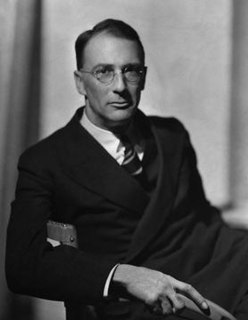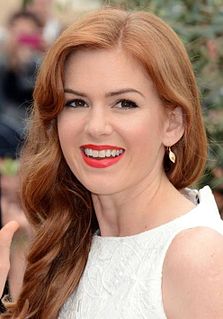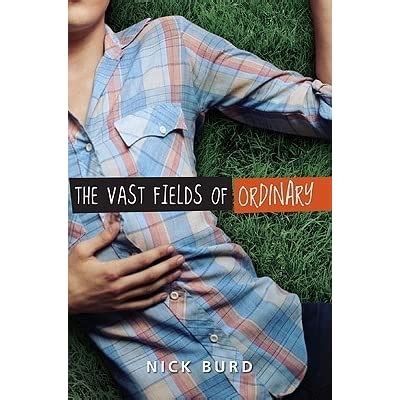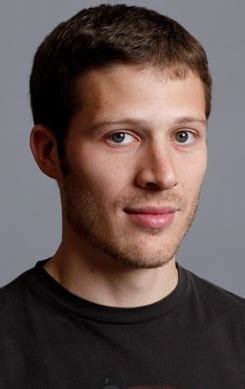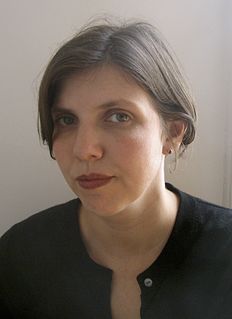A Quote by Raphael Bob-Waksberg
I don't know how everyone writes a novel; that sounds exhausting.
Related Quotes
[Raymond Roussel] said that after his first book he expected that the next morning there would be a kind of aura around his person and that everyone in the street would be able to see that he had written a book. This is the obscure desire harboured by everyone who writes. It is true that the first text one writes is neither written for others, nor because one is what one is: one writes to become other than what one is. One tries to modify one's way of being through the act of writing.
When you realize that someone doesn't like you, don't dwell on it. You do not need everyone to like you. Anyone who feels they need to be liked by everyone likely doesn't realize how exhausting this would be if it were to actually happen. Be thankful that there are those who want to ignore you. There is only one you. Charge admission.
I don't know how to write a novel in the world of cellphones. I don't know how to write a novel in the world of Google, in which all factual information is available to all characters. So I have to stand on my head to contrive a plot in which the characters lose their cellphone and are separated from technology.
We're a culture that's obsessed with people who make and who squander ridiculous amounts of wealth, which seemed an obsession well worth interrogating in a novel. That probably accounts for what some have called the book's "sweeping" feel, but I don't know that I set out to be cinematic. I wouldn't know how to do that in a novel, specifically.


